Dungeons & Dragons is a game designed to create the illusion that you’ve entered another world. Epic fantasy novels heavily inspired the creators of D&D, and the tabletop role-playing game’s connection to fantasy literature has only grown stronger with age.
Both the Player’s Handbook and the Dungeon Masters Guide encourage players and DMs to hit their local library before they get to work designing their next character or crafting their party’s next adventure. I’ve been playing D&D on both sides of the DM screen for years, and I can safely confirm that the ten standalone books and series listed below helped me create some of my favorite characters and campaigns.
10. The Dresden Files by Jim Butcher

Some of the best D&D campaigns I’ve been in revolved around solving mind-bending mysteries with a magical twist. If your latest campaign is a noir-influenced fantasy whodunnit that’s piqued your interest in the mystery genre, you should check out The Dresden Files.
Jim Butcher’s long-running urban fantasy series follows the adventures of the titular sorcerous detective, who dedicates his eternally imperiled life to solving outlandish capers tied to Chicago’s hidden magical underworld. If you’re in the market for some exciting noir tales that happen to feature the odd vampire or demon, The Dresden Files is for you.
9. The Cthulhu Mythos by H.P. Lovecraft and August Derluth
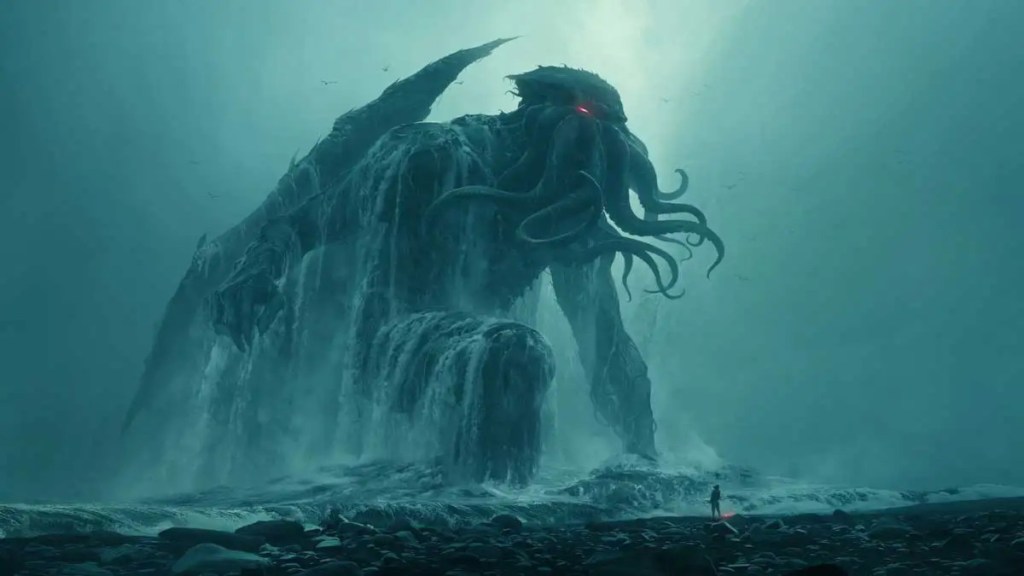
Many of D&D‘s most iconic monsters, including the multi-eyed, beam-spewing Beholder, are beings from the Far Realm, a plane of pure cosmic chaos where the line between reality and illusion becomes illegible. I’ve been in more than a few D&D games where the Far Realm’s innate insanity slithered its way into the mix, and this refreshing dose of existential dread wouldn’t t have been possible without the Cthulu Mythos.
H.P. Lovecraft’s tales about a pantheon of incomprehensible extraterrestrial gods lurking in the shadows of the universe pioneered the cosmic horror genre, and D&D players are looking to add a bit of eldritch spice to their latest character or campaign will find plenty of inspiration in them. Be warned: Lovecraft was, to put it bluntly, racist, and his uncensored work will make most readers uncomfortable.
8. The Lord of the Rings by J.R. Tolkien
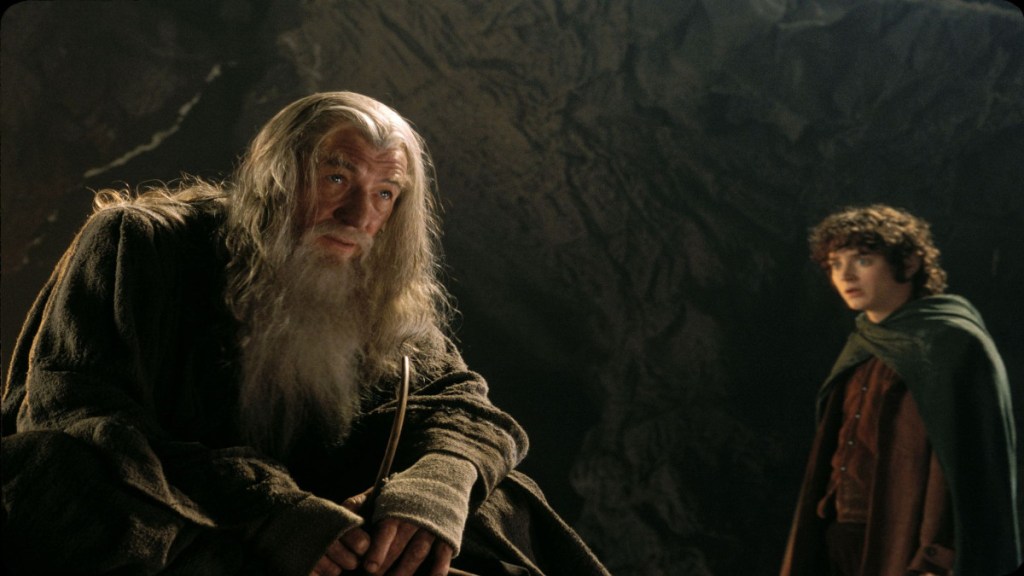
It would be heresy not to put The Lord of the Rings on this list. J.R.R. Tolkien’s famous literary cycle was D&D‘s biggest inspiration, to the point where there were legal disputes surrounding the early usage of terms like orc, elf, dwarf, and dragon.
Some D&D fans might be surprised to see The Lord of the Rings ranked so low. I’d still recommend Tolkien’s iconic trilogy to any D&D player who hasn’t read them, especially if they started playing a campaign set within the Forgotten Realms. However, D&D grew out of Middle Earth’s shadow long ago, and saying that Lord of the Rings is “the” series for D&D fans feels a bit regressive, especially since many modern D&D settings go out of their way to buck the tropes Tolkien established.
7. Malazan Book of the Fallen by Steven Erikson

One of the best parts of a D&D campaign is building the world where the story will play out, especially if the group’s DM is willing to let the other players in on the world-building process. If you and anyone else at your table are kicking around the idea of starting a new campaign set at a much later or earlier point in your world’s history, Malazan Book of the Fallen will give you some great ideas.
The Malazan series is a masterclass in fantasy world-building that follows the rise of the titular empire over millennia. With a cast consisting of immortal mages and dynasties with lineages stretching back centuries, Malazan is perfect for players and DMs who want to explore how the passage of time can change a character, a civilization, or even a world’s innate magic.
6. Mistborn by Brandon Sanderson

Any experienced D&D can attest that the Rogue is one of the funniest classes to play. Plenty of fantasy novels star nimble-fingered sneaks who prefer to creep through the shadows while the warriors and the mages hog the spotlight, but few will feel more familiar to D&D players than Mistborn.
Brandon Sanderson’s seminal fantasy series unfolds in the world of Scadriel, where ash never stops falling from the sky, an oppressive empire rules most of the world, and the only hope of defeating the fallen hero of prophecy lies in a young thief named Vin. Vin is essentially an Arcane Trickster Rogue, and her quest to overthrow the Final Empire with magic and subterfuge is full of fun twists on established fantasy tropes that will leave D&D fans in awe.
5. The Book of the New Sun by Gene Wolf
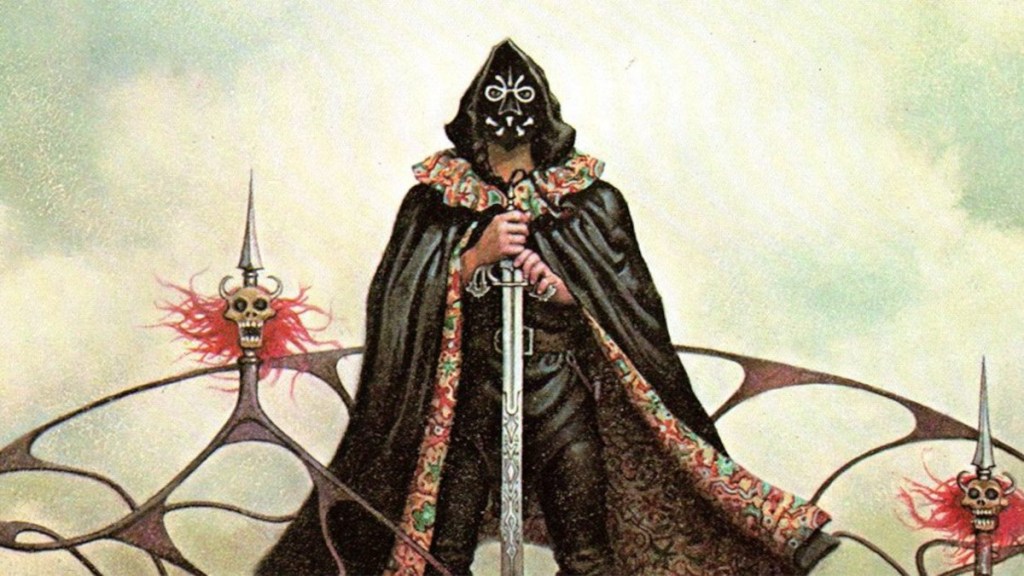
One of D&D‘s most “peculiar” settings is Dark Sun, a grim realm where magic is inherently toxic and a gang of vicious Sorcerer Kings rule everything under the red, dying sun. Due to some problematic elements of its world-building, Dark Sun has not received an official setting book for a while, but anyone who enjoys it will find a suitable substitute in The Book of the New Sun series.
Set on a far-future version of Earth where society has regressed to feudalism, The Book of the New Sun is a haunting parable that follows a disgraced torturer’s transformation into a messianic figure who holds the key to the world’s future. Visions of the future and mysterious magics abound in this series, and anyone who’s experienced the world of Dark Sun will feel right at home reading this.
4. A Song of Ice and Fire by George R.R. Martin
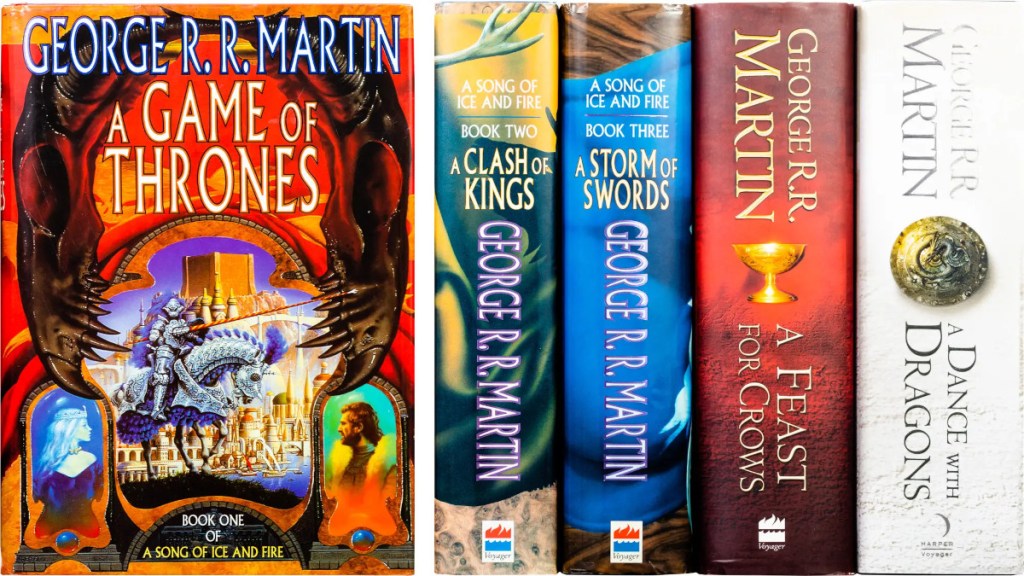
I’m one of those D&D players who love to lose themselves in their character, and I’ll always prefer a campaign that gives me the complex challenge of navigating interpersonal relationships over ones that focus on dungeon-crawling or combat. If you’re also one of those players, I can’t think of a fantasy series you’ll like more than A Song of Ice and Fire.
George R.R. Martin’s iconic world runs on dynastic politics, not magic or prophecies, and its dedication to subverting and reimagining established fantasy tropes means that none of the characters you come to care about are safe. Any fan of D&D and other character-driven TTRPGs will love A Song of Ice and Fire.
3. Wings of Fire by Tui. T Sutherland

If the title didn’t tip you off, dragons are an important part of D&D, and there are a wide variety of them across the game’s many supplements and setting books. Some of my favorite (and most traumatic) D&D memories are tied to dragons, and the only fantasy book that comes close to challenging D&D’s draconic diversity is Tui T. Sutherland’s Wings of Fire series.
The world of Wings of Fire has a dragon for almost every element, and players who’ve run a Dragonblood Sorcerer will feel more than a little validated reading the series.
2. The Sword of Shannara by Terry Brooks
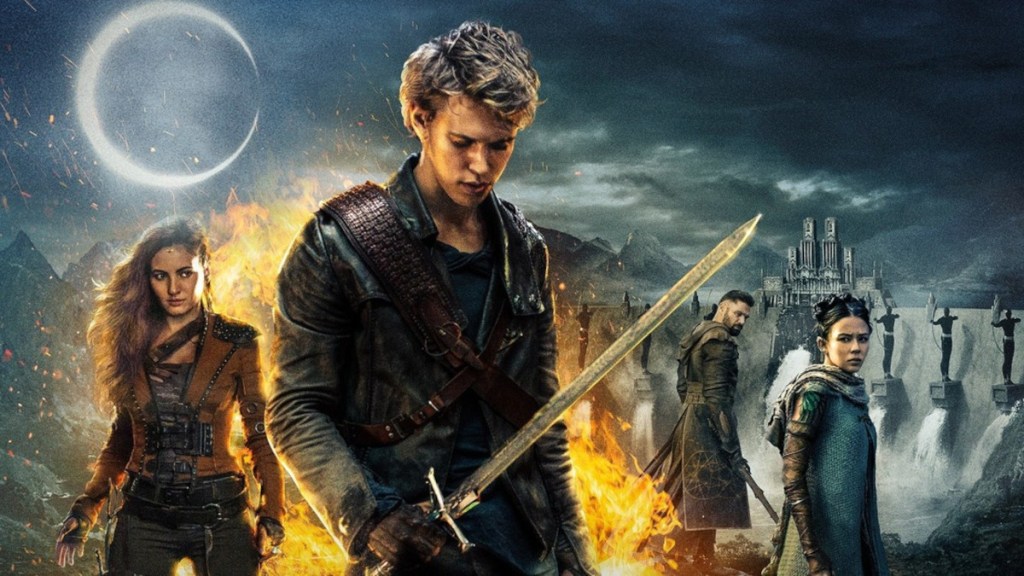
One of the DMs in my local D&D group has weaponized the art of the “mid-campaign twist.” Every game he runs shifts pitch at the halfway mark, re-contextualizing everything we’ve done up until that point in shocking and exciting ways. Terry Brooks Shannara series does something very similar, and D&D fans who know what it’s like to watch the world you’ve adventured through turn upside down will feel a bit of nostalgia reading it.
At the onset, the Shannara books feel like a near-complete rip-off of Tolkien, with elves, young naive warriors, and magical MacGuffins designed to kill evil overlords. However, as the books progress, shocking secrets about the world of Shannara are unmasked, and readers are left to grapple with the knowledge that this world might not be as fantastical as it appeared at first glance.
1. Discworld by Terry Pratchett
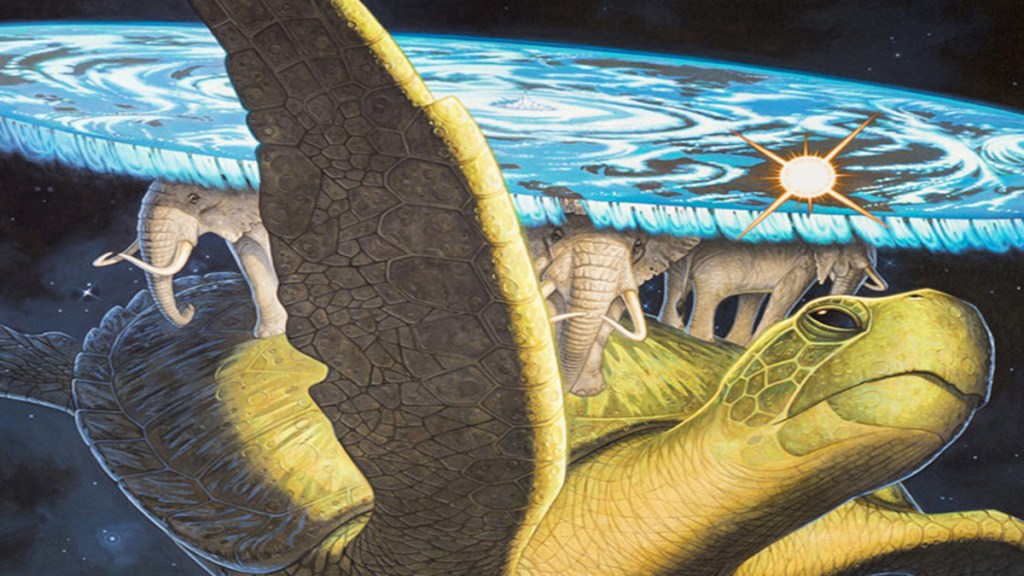
What is D&D, if not the perfect blend of fantasy? The game gives you all the tools you’d ever need to slot every fantastical creature and form of magic into your campaign setting; the only limits that exist are those in your imagination. For this reason, I believe that no fantasy book embodies the spirit of D & D more than Discworld.
The flat realm of Discworld is a wonderous patchwork woven together with elements pulled from almost every mythology, religion, and folklore tradition in the world. Wizards, demons, gods, and Death himself exist harmoniously as part of a magical ecosystem where nothing feels out of place. As funny as it is profound, Discworld is the perfect fantasy series for D&D fans.





